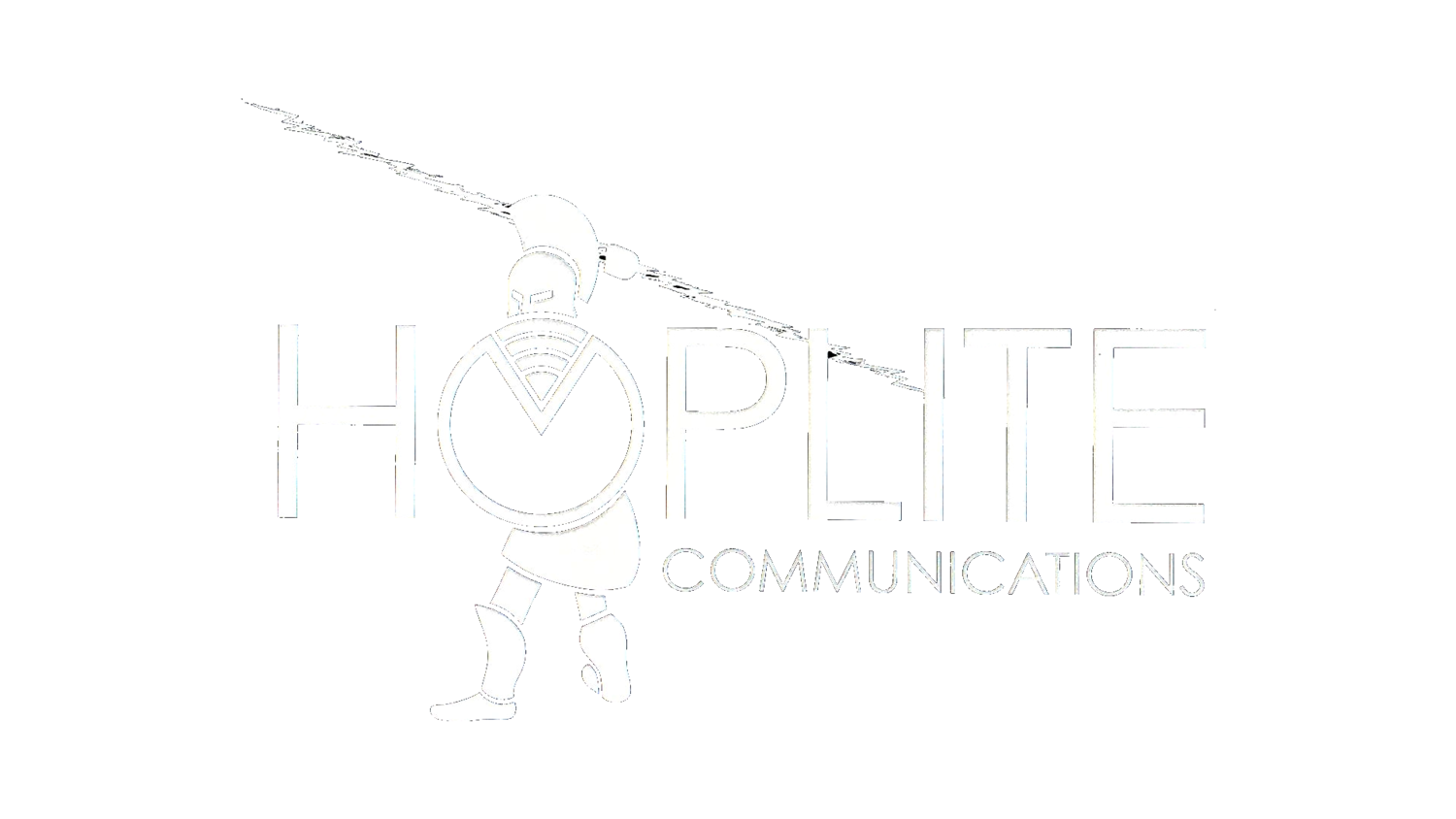AT&T's network faced major disruptions across the United States on Thursday, leading to widespread outages affecting cellular service and internet connectivity.
According to Downdetector, over 32,000 AT&T outage reports were filed by customers around 4 a.m. ET. This number peaked at around 71,000 before 8 a.m. ET. Major cities such as Houston, Chicago, Dallas, Los Angeles, and Atlanta were among those hardest hit by the service interruption.
The ripple effect of AT&T's troubles was felt across other networks as well:
Verizon, T-Mobile, and AT&T subsidiary Cricket Wireless reported connectivity issues, primarily when their customers attempted to contact AT&T users. Despite the challenges, Verizon and T-Mobile confirmed that their networks were operating normally, suggesting the surge in outage reports on Downdetector for their services were likely due to failed attempts at reaching AT&T subscribers.
By late Thursday afternoon, AT&T announced it had successfully restored service for all affected customers, though it did not disclose the cause of the outage. Speculation from experts points to a possible cloud misconfiguration or human error, with AT&T claiming in a statement that the cause was not a cyberattack but, instead, a software update. More specifically, "the application and execution of an incorrect process used as we were expanding our network".
The incident has prompted an investigation by the FCC, with assistance from the FBI and the Department of Homeland Security.
The outage has raised significant public safety concerns, as some AT&T customers found themselves unable to reach emergency services via 911.
Local emergency services in cities like San Francisco and Chicago advised those affected to use landlines or seek assistance from individuals with different carriers to make emergency calls. The incident underscores the need for robust and reliable communication networks, especially in emergencies, and will doubtlessly spark many conversations on preparedness and response strategies to prevent future outages.
Hoplite will continue to monitor this developing situation.

